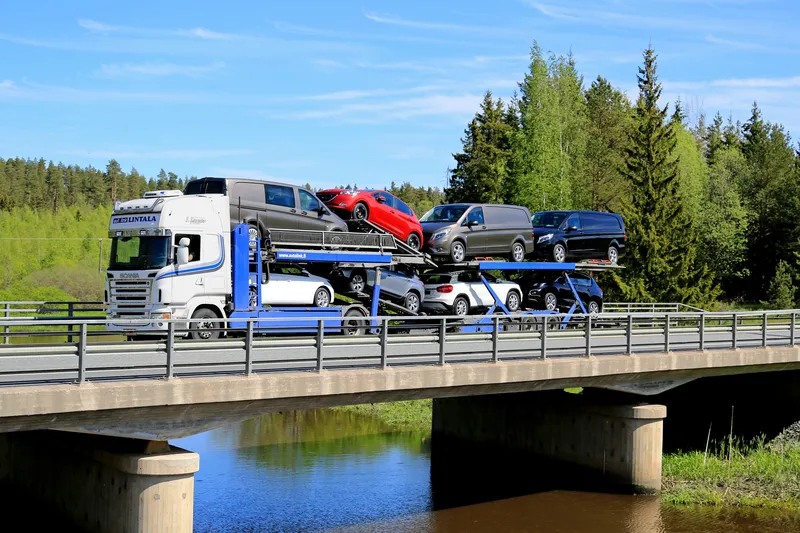
Kapsch said that its EcoTrafiX system will be used to obtain data on the real mobility status in the city using artificial vision cameras and so-called big data techniques. The project investment is €1.9 million.
The goal is to capture comprehensive data to identify traffic situations, including all mobility modes - pedestrians, bicycles, motorcycles and cars.
Kapsch said it will install 120 traffic counting stations equipped with intelligent artificial vision sensors to count traffic. There will also be another 40 stations for pedestrians and cyclists.
Kapsch’s EcoTrafiX software platform will integrate the data obtained from the stations with various specific measurements such as traffic intensities, instant speeds, directional traffic count and characterisation. Madrid City Council will analyse and identify the causes of congestions and propose efficient solutions for mitigation. The system will also consolidate the data obtained from a statistical sample of sensorised vehicles, providing information on traffic, as well as others obtained from other municipal services, such as municipal car parks (location, usage), public street parking (SER), police reports and public transportation.







